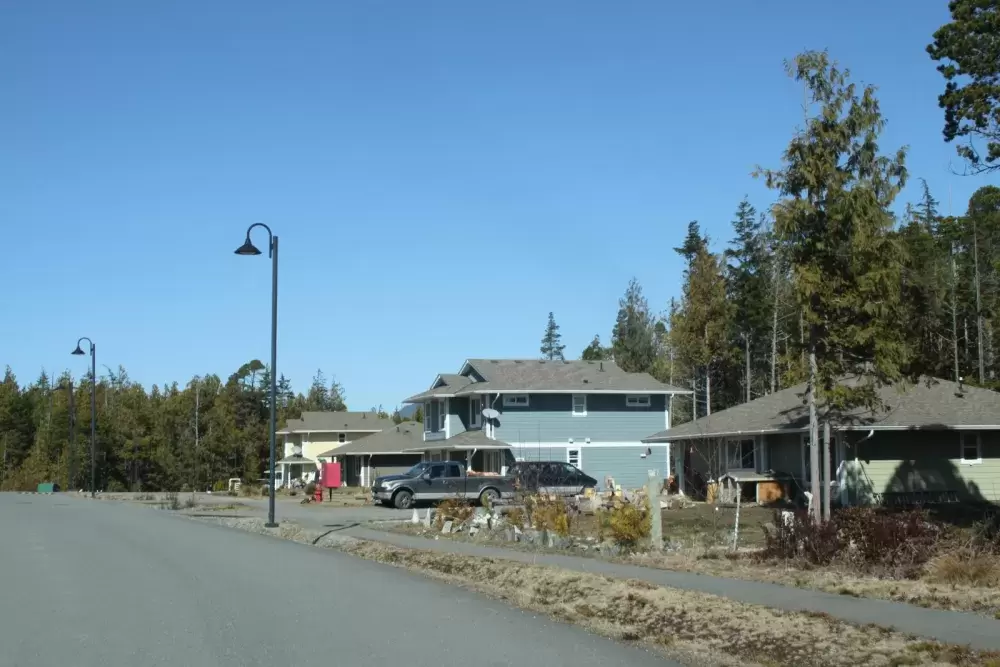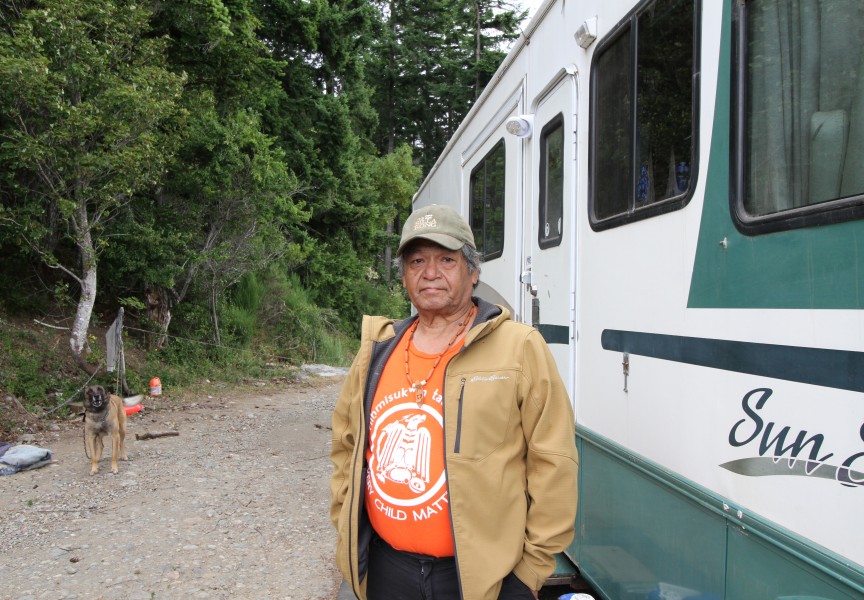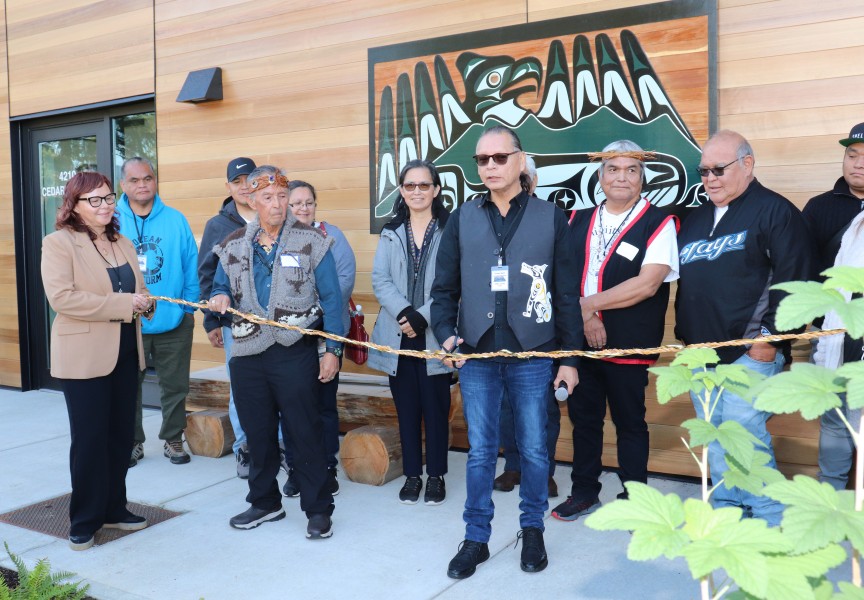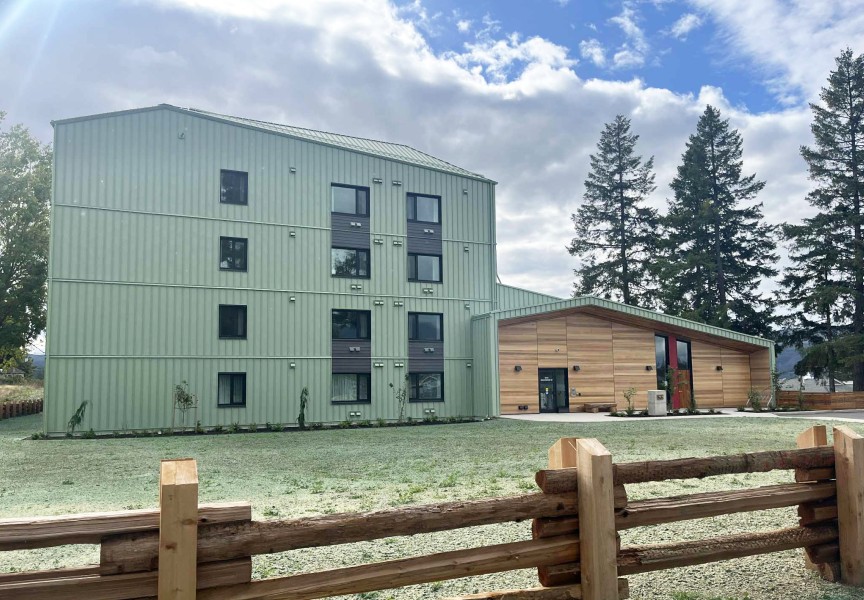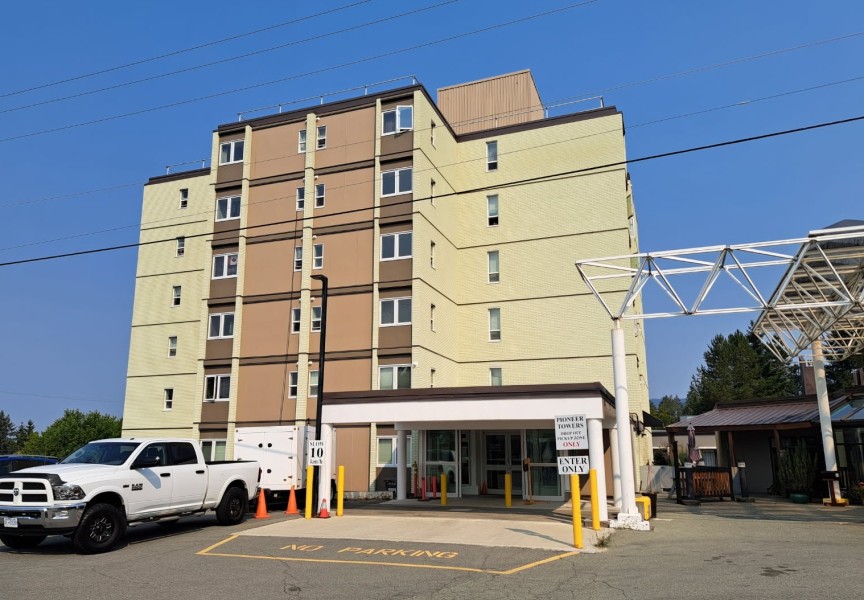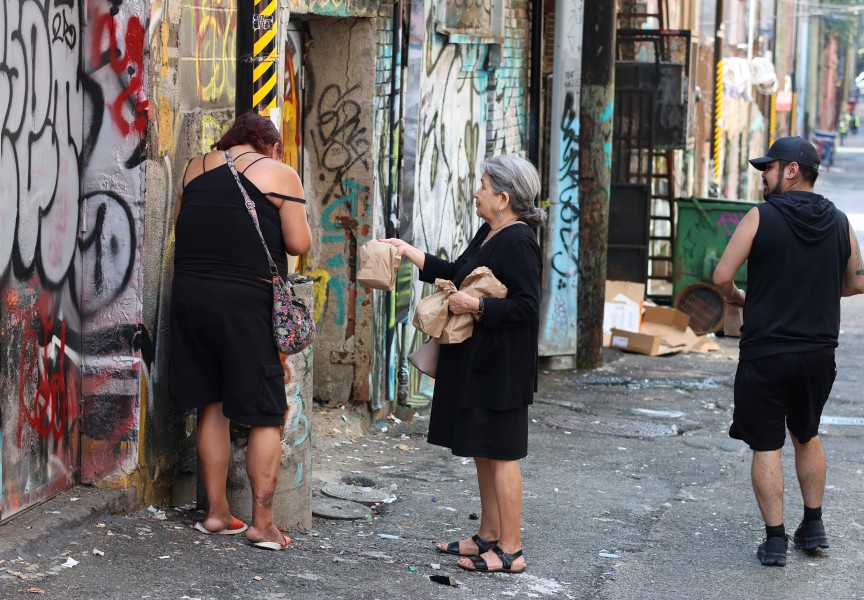Three Nuu-chah-nulth nations are participating in a housing survey to better understand their community’s needs.
Tla-o-qui-aht, Toquaht and Ucluelet First Nations are collaborating with the Alberni-Clayoquot Regional District, the District of Tofino and the District of Ucluelet to develop an accurate picture of the housing situation on the west coast.
“These surveys will become an important part of our toolkit as a government,” said Spencer Touchie, Yuułuʔiłʔatḥ Government assets manager. “We will be completing the same process every five years so we can watch trends in our communities and use the data to strengthen our case for more housing.”
Data collected by the Coastal Family Resource Coalition over the past five years indicates that the cost of renting three-bedroom units in Tofino and Ucluelet is up 51 per cent. Meanwhile, the average house in Tofino costs nearly $800,000, and more than $600,000 in Ucluelet.
From 2012 to 2018, the value of a single-family home rose 39 per cent in Tofino, 32 per cent in Ucluelet and 38 per cent in Port Alberni, according to the Clayoquot Biosphere Trust’s 2018 vital signs report.
“The cost of living has gone up and so has market rent,” said Sheila Seitcher, Tla-o-qui-aht First Nation housing manager. “The survey is important because it helps us identify need and potential options outside of our community boundaries.”
Tla-o-qui-aht is currently designing 90 mixed-residential housing lots for their community in Ty-Histanis. Around 20 lots will be reserved for members who want to build themselves, and the others will address community needs through the construction of various multi-family and single-family homes, said Seitcher.
The nation is hoping to break ground within the next year or two, she added.
Meanwhile, Tla-o-qui-aht members who applied for housing six years ago are still on the waitlist.
“We just don’t have enough housing,” said Seitcher. “That also poses a problem when we have neighbouring communities like Ahousaht and Hot Springs looking for housing. It makes it really hard for them too. I’m hoping we can start to look at those issues as well.”
Not only are Tla-o-qui-aht members struggling to secure housing, but they’re also finding it challenging to keep up with payments.
To make ends meet, Seitcher said members are regularly having to use services, such as the food bank and housing assistance.
The West Coast Housing Need and Demand Survey will help identify available services and off-reserve housing opportunities for members with unique needs, she said.
Most of Tla-o-qui-aht’s houses are set-up for families. As a result, Seitcher said that young, single members are often forced to find accommodation outside of the community.
Up-to-date data will allow the nation to search for funding opportunities, develop pilot-projects and create partnerships with local businesses and organizations, said Seitcher.
Tla-o-qui-aht is hoping to encourage its members to participate through door-to-door engagement, she said.
Similarly, Touchie said he hopes to get as many participants from Ucluelet First Nation involved as possible.
“Smaller sample sizes will only get us less accurate data,” he said. “We can’t only use data derived from tools like the census to get a better picture of the needs of our own people.”
Through community input, M'akola Development Services Project Lead Sandy Mackay said that the survey will also capture a clearer picture of what community members envision for their future.
"It's really about understanding what the current situation is,” said Mackay. “Trying to understand how you, as a member of these communities or potential members of these communities, want your housing situation to evolve and grow. That will allow participating nations to design their development processes to focus on specific types of units.”
While many are struggling to find housing in the region, Seitcher said the situation is not unique to the west coast.
“It’s happening everywhere in Canada at the moment,” she said. “Tofino is a really small community, so we don’t have a lot of land to begin with.”
Because of that, Seitcher said she hopes to see more apartment and condominium-style projects moving forward.
“We have a greater need for different types of housing,” she said.

